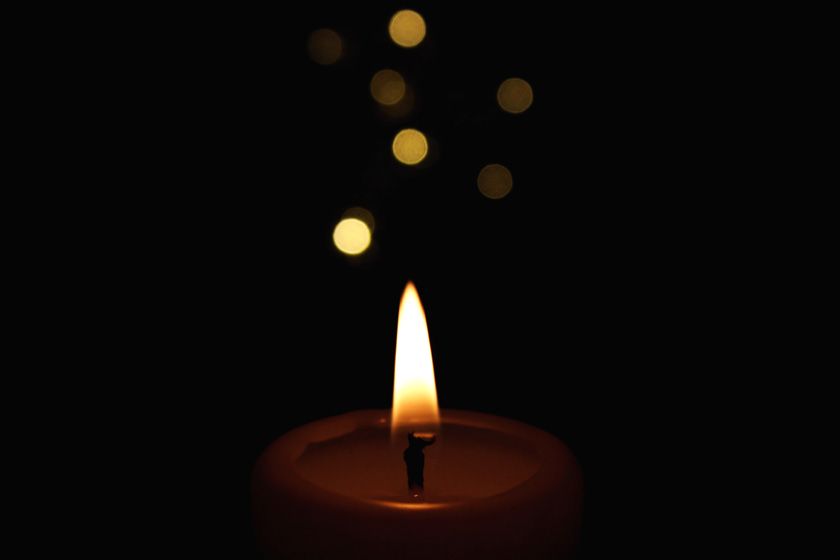Mortuary & Funeral Services

The truth is that most people look down and completely disregard being a funeral director as part of their future. Granted, while this career isn’t for everyone, it does offer its portion of unique benefits and advancement opportunities. In this article, we are going to help you become familiar with the day-to-day duties associated with being a funeral director and the steps you can take in order to become one. Find a funeral director school program below and get started on your career training.
Why Choose Mortuary & Funeral Services?
Also known as a mortician, a funeral director is someone who organizes and plans every aspect of a funeral. This career often requires you to work very closely with the family of the deceased in order to make sure that the disposal of the body is performed correctly. For example, your job would entail providing the family with a list of options as what they would like to do with the deceased body as well as make them aware of the steps and pricing associated with it. You would assist a grieving family in selecting a casket, arranging transportation, and even appointing the correct religious clergy to be a part of the closing ceremonies. All of this will be facilities by the funeral director and it is their duty to ensure that everything is running smoothly and on time. Now, let’s take a moment and take a more in-depth look at the responsibilities involved in being a funeral director.
Funeral Director Career Responsibilities
Funeral directors are there to help families honor deceased family members. They console the families as well as help them develop an atmosphere which matches the desires of the party involved. This job may also require that you contact newspapers so that they can arrange an obituary for the deceased individual. Funeral directors help decorate the chapel, choose a clergy, and arrange the rest of the service as well. It would also be your responsibility to make sure that the body of the deceased is safely transported to a cemetery. Some funeral directors also help with preserving the body or touching it up so that it is presentable for friends and family members. This process may involve placing artificial body parts and even make-up on the deceased individual. This step is crucial especially if there is a gap larger than twenty-four hours between the death and the burial. To become proficient in this career path, you need to be very comfortable handling the deceased. You should also be comfortable consoling friends and family members of the deceased.
Funeral Director Degree – Education and Training Requirements
Individuals who would like to become part of this career can begin as early as high school. Taking biology and other science classes is a great way to spice up your resume as well as build upon your skill set. The majority of funeral directors own their own funeral parlors so it is wise to become knowledgeable in basic business.
